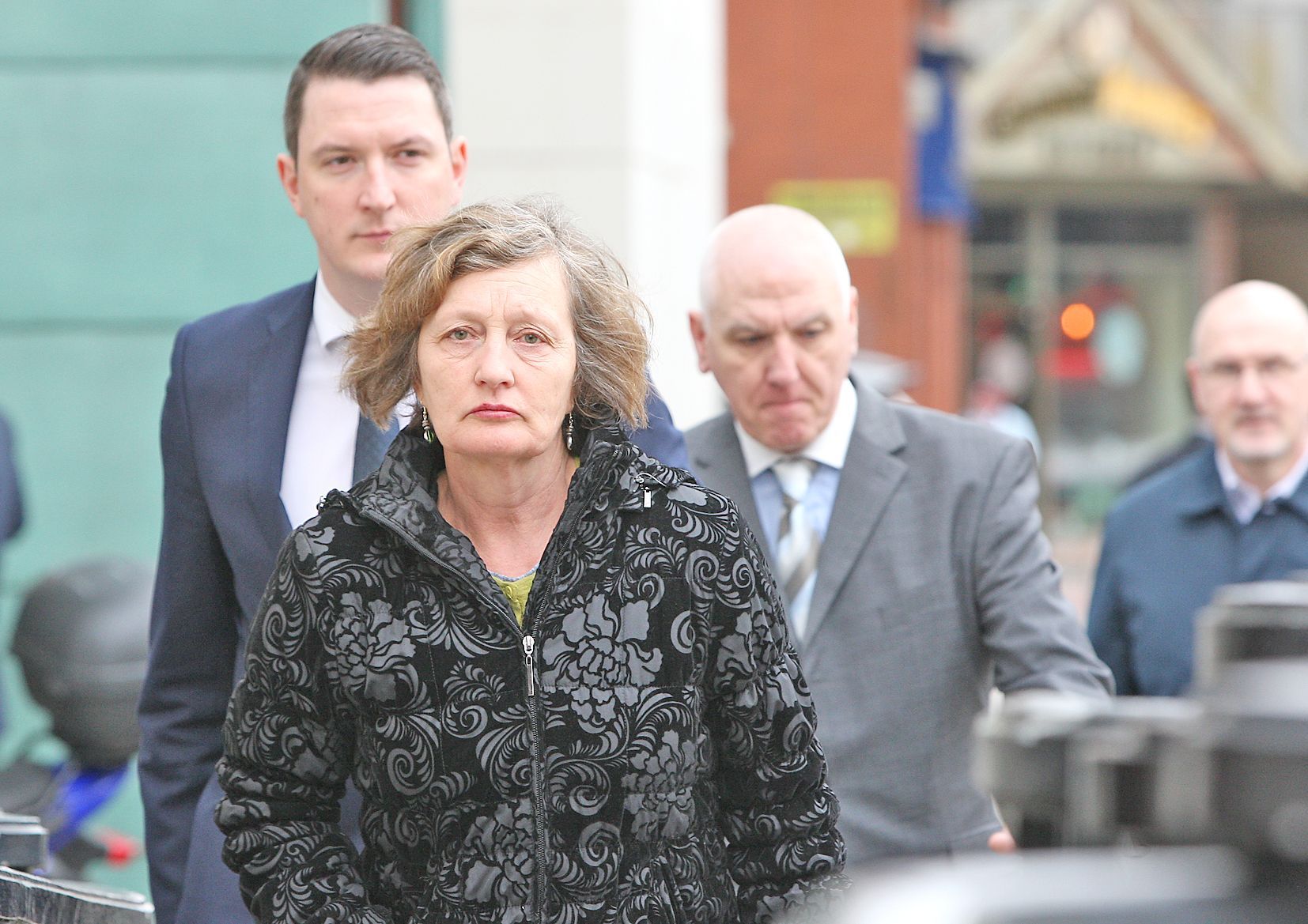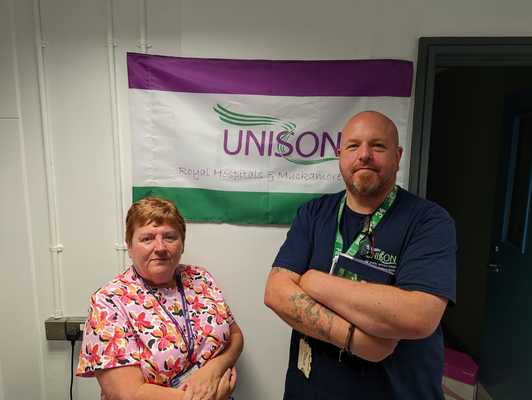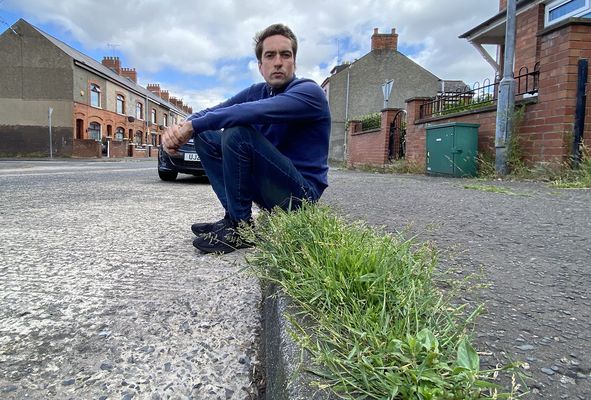North Belfast MP John Finucane has said the British Government is on “thin ice” over a decision to deny a public inquiry into the murder of his father, Pat Finucane.
Father-of-three Pat Finucane (39) was shot dead in his family home on February 12, 1989 by a British state-backed UDA death squad.
In 2018, the Supreme Court ruled that there had never been an “effective” human rights compliant investigation into his murder.
After being forced through the courts to make a decision on the ruling, the British Government said in November that it would not hold a full public inquiry.
Last night, Relatives for Justice Deputy Director Andrée Murphy hosted John Finucane MP and US Congressman Brendan Boyle for the annual Pat Finucane Memorial Lecture.
During the online event, Mr Finuance said his family took “comfort” from worldwide support following November’s decision and vowed to continue the battle for truth through the courts.
“We have looked at that decision, we are going to have to litigate and judicially review that decision, so we will find ourselves back in the courts again,” he said.
“But I actually think that the decision was so weak that the British government are on very thin ice with this one.”
He added: “If we are told to believe and put our faith in the rule of law and we have a decision from this jurisdiction's most senior court that the government effectively brush to one side and put on the shelf and ignore, and they’re forced to respond to that only because there’s further litigation – that’s not right.”
He said the British Government’s legislative attempts to shield service personnel from prosecution had created a “hostile environment” for solicitors and representing those bereaved through state violence.
The importance of the American dimension remains, and I think that the role of Special Envoy would be critical here, to be on the ground constantly raising these legacy issues.”
“Underneath all of it is a government that is quite clearly against having any real, legitimate, and credible examination of what went on here, and they remain an obstacle,” he stated.
Congressman Brendan Boyle said that legacy had seen the “least amount of progress” of issues that the Good Friday Agreement had “attempted" to resolve.
The Irish-American Congressman said it was crucial for the US to apply pressure on the British government over human rights abuses, and insisted that the vacant post of US Special Envoy to Northern Ireland must be filled by someone who is “up to speed on the legacy issues".
“We do know, or this is my opinion at least, that if you don’t have an external actor from the United States pushing along the British side, frankly you are very unlikely to get much progress, especially, candidly, out of a Conservative government that considers itself a Conservative and Unionist government,” he said.
“The importance of the American dimension remains, and I think that the role of Special Envoy would be critical here, to be on the ground constantly raising these legacy issues.”






